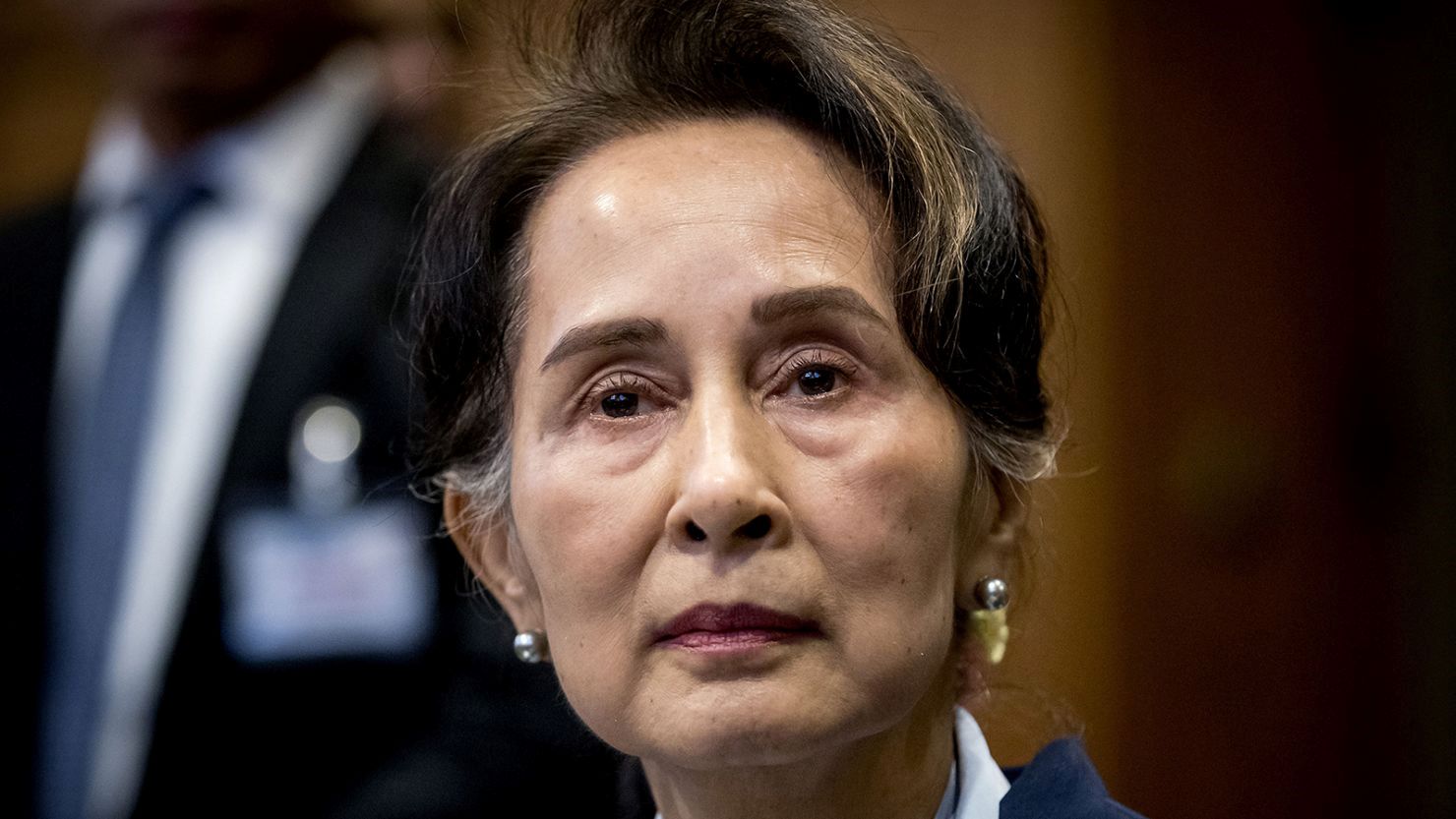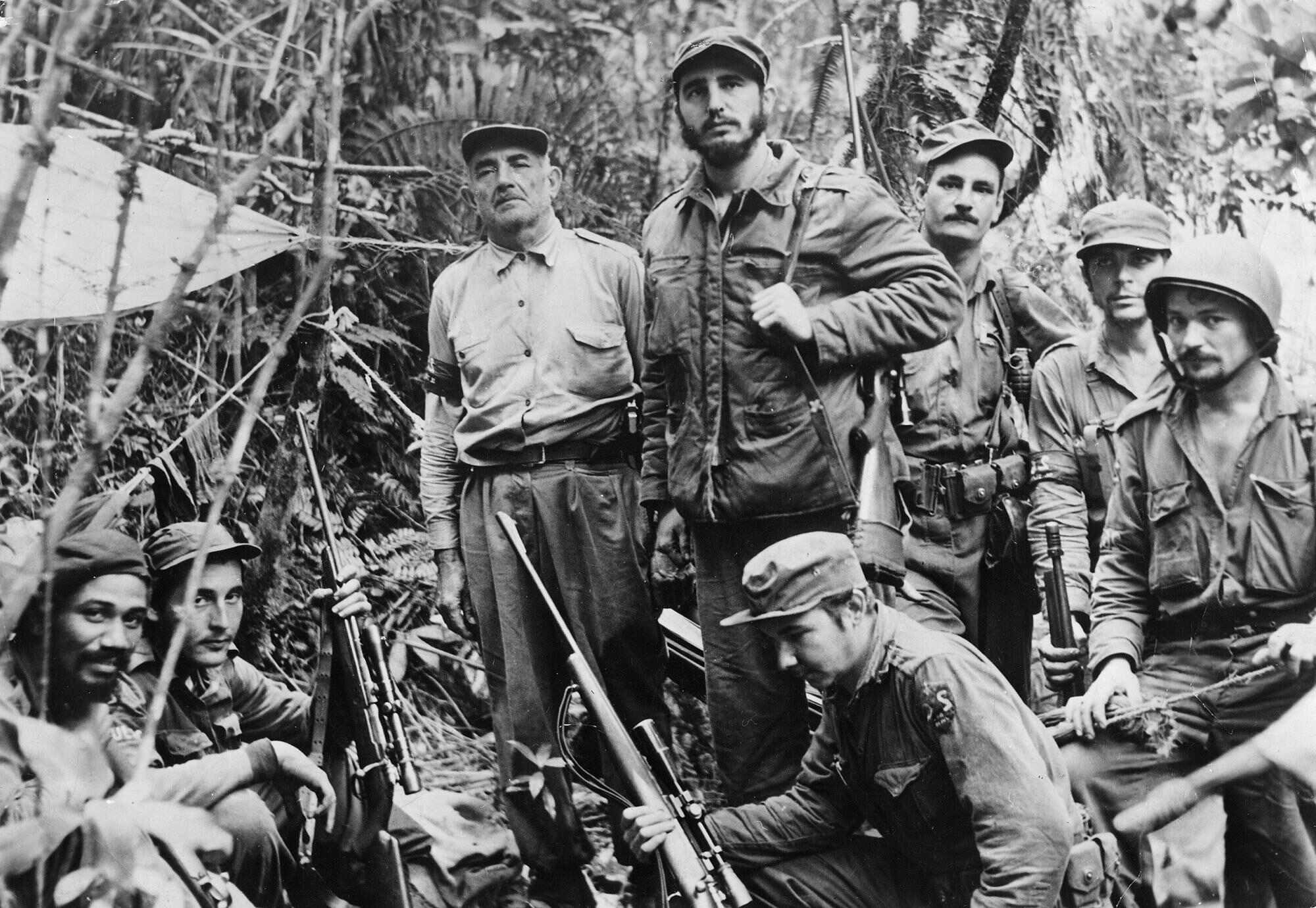
Aung San Suu Kyi is a name that resonates with many around the globe. Known for her unwavering dedication to democracy and human rights in Myanmar, she has become a symbol of peaceful resistance. But who exactly is Aung San Suu Kyi, and what makes her story so compelling? Born in 1945, she is the daughter of Myanmar's independence hero, General Aung San. Her life has been a blend of political struggle, house arrest, and international recognition, including the Nobel Peace Prize in 1991. Despite facing numerous challenges, her commitment to her country's future remains steadfast. This post will delve into 20 intriguing facts about Aung San Suu Kyi, shedding light on her remarkable journey.
Aung San Suu Kyi: A Symbol of Democracy
Aung San Suu Kyi is a name synonymous with the fight for democracy in Myanmar. Her life and career have been marked by resilience, sacrifice, and an unwavering commitment to her country's freedom.
-
Nobel Peace Prize Winner: In 1991, Aung San Suu Kyi received the Nobel Peace Prize for her non-violent struggle for democracy and human rights in Myanmar.
-
House Arrest: She spent nearly 15 years under house arrest between 1989 and 2010, making her one of the world's most prominent political prisoners.
-
Daughter of a National Hero: Her father, Aung San, is considered the father of modern Myanmar. He played a crucial role in the country's independence from British rule.
Education and Early Life
Aung San Suu Kyi's early life and education laid the foundation for her future role as a leader and activist.
-
Oxford Graduate: She studied philosophy, politics, and economics at St Hugh's College, Oxford, graduating in 1969.
-
United Nations Work: Before returning to Myanmar, she worked for the United Nations in New York and Bhutan, gaining valuable international experience.
-
Marriage to Michael Aris: In 1972, she married Michael Aris, a British academic specializing in Tibetan culture. They had two sons together.
Political Career and Struggles
Her political career has been a rollercoaster of triumphs and setbacks, reflecting the turbulent political landscape of Myanmar.
-
Formation of NLD: In 1988, she co-founded the National League for Democracy (NLD), which quickly became the main opposition party in Myanmar.
-
1990 Elections: The NLD won a landslide victory in the 1990 general elections, but the military junta refused to recognize the results.
-
International Support: Her plight attracted global attention, leading to widespread international support and sanctions against Myanmar's military regime.
Awards and Recognition
Aung San Suu Kyi's efforts have been recognized worldwide, earning her numerous awards and honors.
-
Sakharov Prize: In 1990, she was awarded the Sakharov Prize for Freedom of Thought by the European Parliament.
-
Presidential Medal of Freedom: In 2000, she received the United States' highest civilian honor, the Presidential Medal of Freedom.
-
Jawaharlal Nehru Award: India honored her with the Jawaharlal Nehru Award for International Understanding in 1992.
Controversies and Criticisms
Despite her achievements, Aung San Suu Kyi has faced significant criticism, particularly in recent years.
-
Rohingya Crisis: Her handling of the Rohingya crisis has drawn widespread condemnation, with many accusing her of failing to address human rights abuses.
-
Stripped of Awards: Several organizations, including Amnesty International, have revoked awards previously given to her due to her stance on the Rohingya issue.
-
International Court of Justice: In 2019, she defended Myanmar against accusations of genocide at the International Court of Justice in The Hague.
Current Status and Legacy
Aung San Suu Kyi's legacy is complex, marked by both her contributions to democracy and the controversies surrounding her leadership.
-
2021 Military Coup: In February 2021, she was detained again following a military coup that overthrew the civilian government.
-
Ongoing Trials: She faces multiple charges, including corruption and violating state secrets, which many believe are politically motivated.
-
Global Icon: Despite controversies, she remains a global icon of democracy and human rights.
-
Books and Biographies: Numerous books and biographies have been written about her, highlighting her life and struggles.
-
Cultural Impact: Her story has inspired films, documentaries, and countless articles, cementing her place in history as a symbol of resilience and hope.
The Last Word on Aung San
Aung San's life was a whirlwind of courage, leadership, and sacrifice. From his early days as a student leader to his pivotal role in Burma's fight for independence, his legacy remains etched in history. His vision for a free and united Burma inspired countless individuals and continues to resonate today. Despite his untimely death, Aung San's impact on Burma's political landscape is undeniable. His dedication to his country's freedom and his unwavering commitment to his people make him a true national hero. Understanding Aung San's life gives us a deeper appreciation of Burma's journey toward independence and the enduring spirit of its people. His story is a testament to the power of determination and the enduring impact one individual can have on a nation's destiny.
Was this page helpful?
Our commitment to delivering trustworthy and engaging content is at the heart of what we do. Each fact on our site is contributed by real users like you, bringing a wealth of diverse insights and information. To ensure the highest standards of accuracy and reliability, our dedicated editors meticulously review each submission. This process guarantees that the facts we share are not only fascinating but also credible. Trust in our commitment to quality and authenticity as you explore and learn with us.


